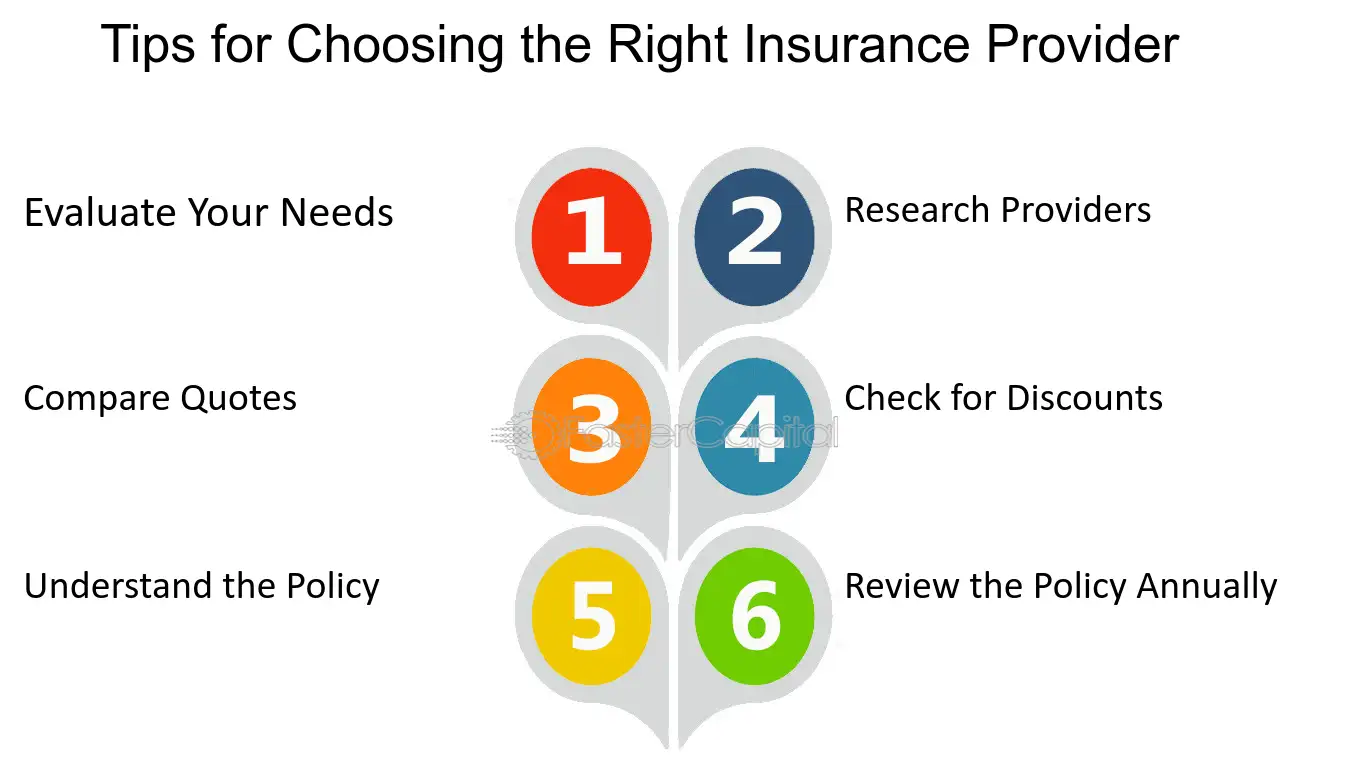Insurance is a vital component of financial planning, providing a safety net against unforeseen events and helping to manage risk. This comprehensive guide explores the purpose of insurance, how it works, and the different types of insurance policies available.
The Purpose of Insurance
Insurance serves as a protective measure against financial losses that can occur due to unexpected events. Whether it’s a health crisis, car accident, or natural disaster, insurance helps mitigate the financial impact of these incidents. The primary purposes of insurance include:
- Risk Management: Insurance transfers the risk of financial loss from an individual or business to an insurance company. By paying a premium, policyholders secure financial protection against specific risks.
- Financial Security: Insurance provides financial stability by covering significant expenses that might otherwise deplete savings or lead to debt.
- Legal Requirements: Certain types of insurance, such as auto and health insurance, are legally required. Compliance with these mandates ensures that individuals and businesses meet legal obligations.
- Peace of Mind: Knowing that you have insurance coverage offers peace of mind, allowing you to live and work without constantly worrying about potential financial disasters.

How Insurance Works
Insurance operates on the principle of risk pooling. Policyholders pay premiums into a pool managed by the insurance company. When a policyholder experiences a covered event, the insurance company uses the pooled funds to pay for the losses, up to the policy’s limits. Here’s a step-by-step look at how insurance works:
- Assessment: The insurance company assesses the risk associated with the policyholder. Factors such as age, health, occupation, and lifestyle can influence this assessment.
- Premium Calculation: Based on the risk assessment, the insurance company calculates the premium. Higher risk generally means higher premiums.
- Policy Issuance: The policyholder agrees to pay the premium, and the insurance company issues a policy outlining the coverage, limits, and terms.
- Claims Process: When a covered event occurs, the policyholder files a claim. The insurance company reviews the claim and, if it falls within the policy’s terms, pays out the agreed amount.
Different Types of Insurance Policies
There are numerous types of insurance policies designed to cover various aspects of life and business. Here are some of the most common ones:
1. Health Insurance
Purpose: Covers medical expenses arising from illnesses, injuries, and other health conditions.
Key Features:
- Coverage for doctor visits, hospital stays, surgeries, prescription drugs, and preventive care.
- Can be obtained through employers, government programs, or purchased individually.
- Often includes co-pays, deductibles, and out-of-pocket maximums.
2. Auto Insurance
Purpose: Provides financial protection against physical damage and bodily injury resulting from traffic collisions and against liability that could arise from incidents in a vehicle.
Key Features:
- Liability coverage for bodily injury and property damage.
- Collision coverage for damage to your car.
- Comprehensive coverage for non-collision-related damage (e.g., theft, fire, natural disasters).
- Uninsured/underinsured motorist coverage.
3. Homeowners Insurance
Purpose: Protects against losses and damages to an individual’s house and assets in the home.
Key Features:
- Coverage for the structure of the home, personal belongings, liability for accidents that occur on the property, and living expenses if the home is uninhabitable due to a covered event.
- Typically includes protection against fire, theft, and certain natural disasters.
4. Life Insurance
Purpose: Provides financial support to beneficiaries after the policyholder’s death.
Key Features:
- Term life insurance offers coverage for a specified period (e.g., 10, 20, 30 years).
- Whole life insurance provides lifelong coverage and includes a cash value component.
- Universal life insurance offers flexible premiums and death benefits along with a savings element.
5. Disability Insurance
Purpose: Replaces a portion of income lost due to disability preventing the policyholder from working.
Key Features:
- Short-term disability insurance covers a portion of lost income for a few months to a year.
- Long-term disability insurance provides coverage for several years or until retirement.
- Can be purchased individually or provided through employers.
6. Business Insurance
Purpose: Protects businesses against losses due to events that may occur during the normal course of business.
Key Features:
- General liability insurance covers bodily injuries, property damage, and personal injuries.
- Property insurance covers damage to business property from events like fire, theft, and natural disasters.
- Business interruption insurance compensates for lost income during disruptions.
- Professional liability insurance (errors and omissions) protects against claims of negligence or mistakes.
Choosing the Right Insurance
Selecting the right insurance involves assessing your individual or business needs and understanding the risks you face. Consider the following steps:
- Identify Your Needs: Determine what risks you need coverage for, whether it’s health, property, income, or liability.
- Research Policies: Look into different policies and providers to understand what coverage options are available and what they entail.
- Compare Quotes: Obtain quotes from multiple insurance companies to compare premiums, coverage limits, and terms.
- Read the Fine Print: Carefully read the policy details, including exclusions and conditions, to ensure you understand what is and isn’t covered.
- Consult an Expert: If necessary, seek advice from an insurance broker or agent who can help you navigate the options and find the best policy for your needs.

Conclusion
Insurance plays a crucial role in protecting against financial losses and ensuring stability in the face of unexpected events. By understanding the purpose of insurance, how it works, and the different types of policies available, individuals and businesses can make informed decisions to safeguard their future. Whether it’s health, auto, home, life, disability, or business insurance, having the right coverage provides peace of mind and financial security.


